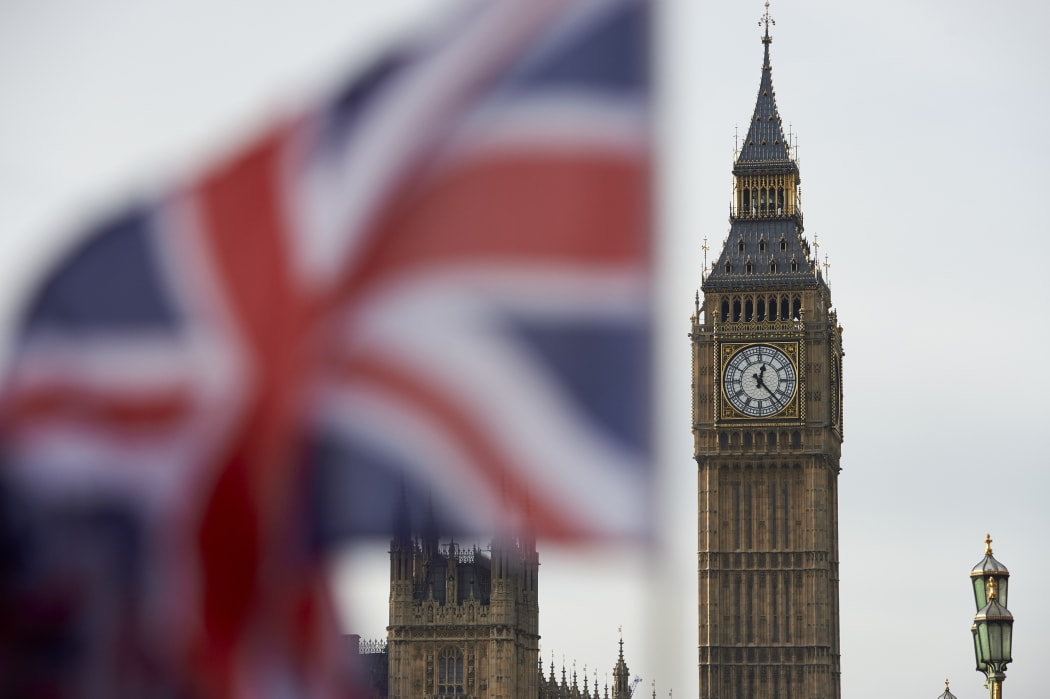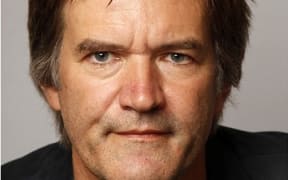Brexit is a case of a "collective English mental breakdown", a University of Cambridge professor says.
Nicholas Boyle, emeritus Schröder professor of German, has weighed in on Brexit in a range of publications, questioning the results of the EU referendum.
In January, Professor Boyle wrote a piece for the Irish Times that said the English were the "lager louts of Europe" who voted for Brexit in an act of "geopolitical vandalism".

Photo: AFP
British Prime Minister Theresa May’s Conservative government is riven over the nature of the UK’s split with Europe.
A so-called war cabinet is attempting to decide what future trade relations with Europe will look like; with hard Brexiteers such as backbencher Jacob Rees Mogg and his supporters pushing for a full separation and pro-European MPs wanting a soft Brexit that would see the UK remain in the customs union.
Boyle says this chaotic political situation was triggered by a referendum that had little legitimacy.
“I think that the referendum was completely unnecessary. Why have a referendum on that subject rather than have a referendum, say, on the monarchy, or on nuclear weapons, or on membership of Nato or on half a dozen other things that people feel strongly about? Why was the EU chosen as the subject of a referendum?”
Conservative Prime Minister David Cameron’s, as it turned out forlorn, hope was that a referendum would settle the matter once and for all and silence the vocal anti-European wing of his party.
“I have grave doubts about the entire process of referendums anyway, especially in the UK which has no real tradition of having them and does not have a written constitution in which their role is spelt out,” Boyle says.
As to why the UK narrowly voted to leave the EU, Boyle says it was actually the English who voted to leave and largely those over 50.
He’s says it is because some of the English have failed to come to terms with the loss of empire.
“It lies behind their feeling of who they are, which I believe to be erroneous.
“They still think of themselves, to put it unkindly, as Masters of the Universe who can go it on their own.
“I was brought up in England and have always thought of it as my country; at the moment I find it a bit difficult to recognise.”
Reconstructing a sense of what England is will only come, he says, with institutional change.
“Germany managed to do similar thing in about 25 years. They had to rediscover themselves, and their past, and it was not an easy thing to do.
“But they had occupying powers that forced institutional change on them.”
Boyle suggests a written constitution and an English parliament would be a step in the right direction.
“I don’t think the English mindset will change before there’s been pretty fundamental institutional changes; for example the establishment of a properly federal constitution for the nations of the United Kingdom and that probably implies a separate English parliament.
“At the moment the parliament in Westminster is the parliament for the whole of the country which nonetheless has separate parliaments in Edinburgh, Belfast and Cardiff.”
He says the English don’t understand how they relate to the other nations that make up the United Kingdom.
“Nor their relationship with the very concept of the UK, nor their relation with the concept of the British Empire for which the UK was effectively founded to manage.”
As to whether Prime Minister Theresa May can untangle this knot, he is not optimistic.
“She is principally concerned with holding the Tory party together until the 29th of March 2019 when she can say that the country has left the EU.”
UK correspondent Kate Adie
Kate Adie on the continuing civil war within parties over Brexit, the BBC gender pay row, now back on front pages, and the continuing fall-out from the Presidents' Club men-only charity dinner… Audio
David Goodhart: The new political divide
Politics used to be divided between left and right, but now people are split along different lines, according to a UK writer. Audio



